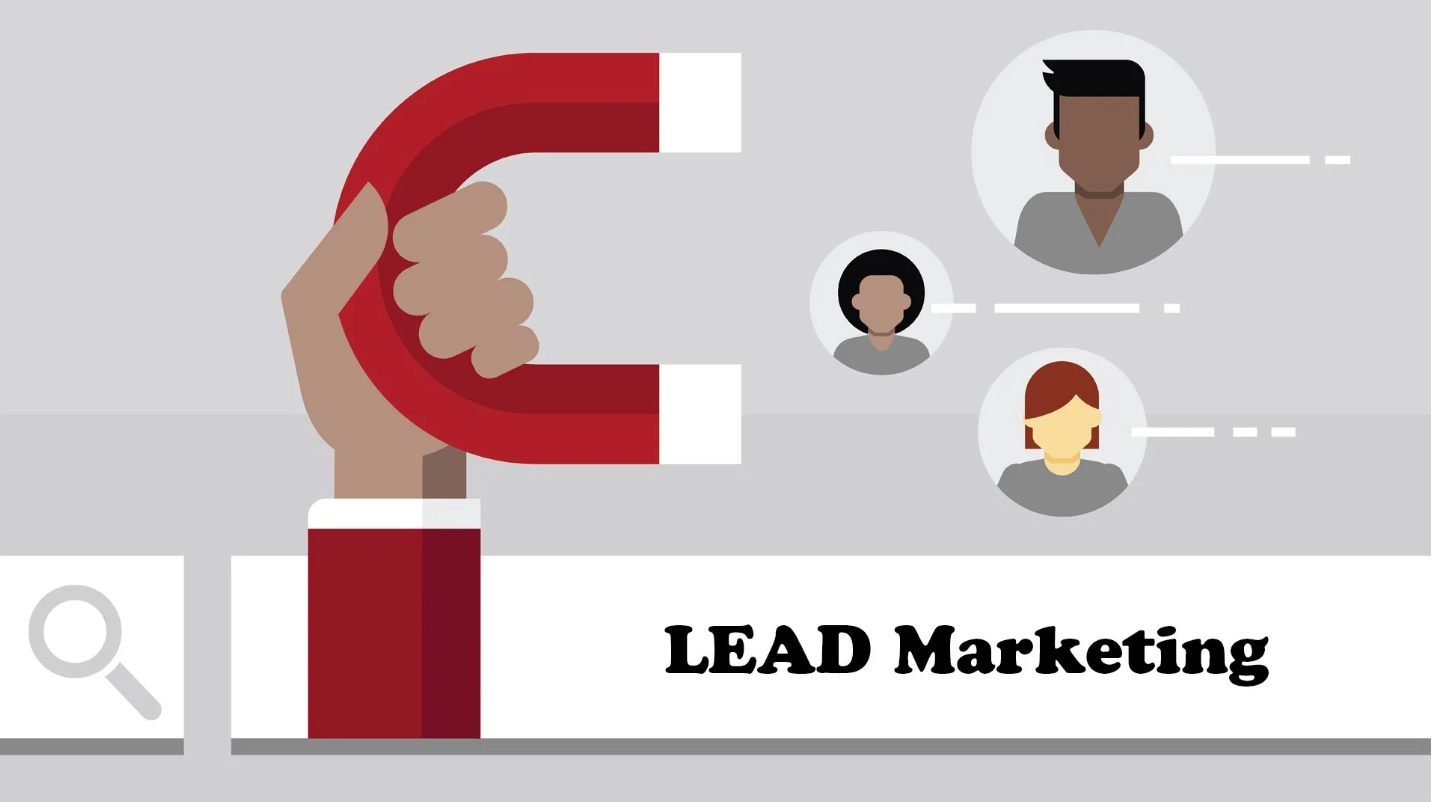Published
|Last updated
Lead
Learn what a lead is in online marketing.
Published
|Last updated
Learn what a lead is in online marketing.
![What is a Lead - [Marketing Dictionary]](/assets/img/dictionary-background.webp)
What is Lead
In marketing, a lead is a potential customer who has shown interest in a company’s product or service through certain actions, such as filling out a form, subscribing to newsletters, or downloading marketing materials. In the sales process in other words, a sales-qualified lead is a prospect that has shown interest in a product or service of a company, either through direct action or indirectly through a referral source. A sales department a lead can come from different sources, such as seminars, direct mail, email marketing campaigns or other promotional activities. It is an important metric in terms of gauging the success of a sales or marketing campaign.

There are two types of leads:
Qualifying leads is the process for sales teams of determining whether a lead is ready to become a potential customer and may involve multiple steps, such as lead scoring, customer profiling, and nurturing. Qualifying leads is important to ensure that the sales and marketing team concentrates on prospects with the highest likelihood of closing.
Leads are important in marketing as they help companies target their efforts with the right audience. By identifying potential customers, or marketing leads, companies can target their campaigns with the right message to the right people. Additionally, the lead is a person’s information, such as their contact information and preferences, which can be used to create personalized communications that increase the chance of a conversion. Combined with search engine optimization is a very effective
Here are three examples of generating leads:
In conclusion, a lead generation strategy is a potential customer who has shown interest in a product or service through certain actions. There are two types of leads, MQLs, and SQLs, and qualifying leads is the process of determining if they are ready to be potential customers. Leads are important in marketing as they help companies identify potential customers and target new customers in their campaigns with the right message. Generating leads can be done through various methods, such as email marketing, content marketing, or social media marketing.
❤️ Spread the word! ❤️
Found this guide valuable? Share it with your colleagues to help them boost their local marketing results too!
Powered by Localo 2026